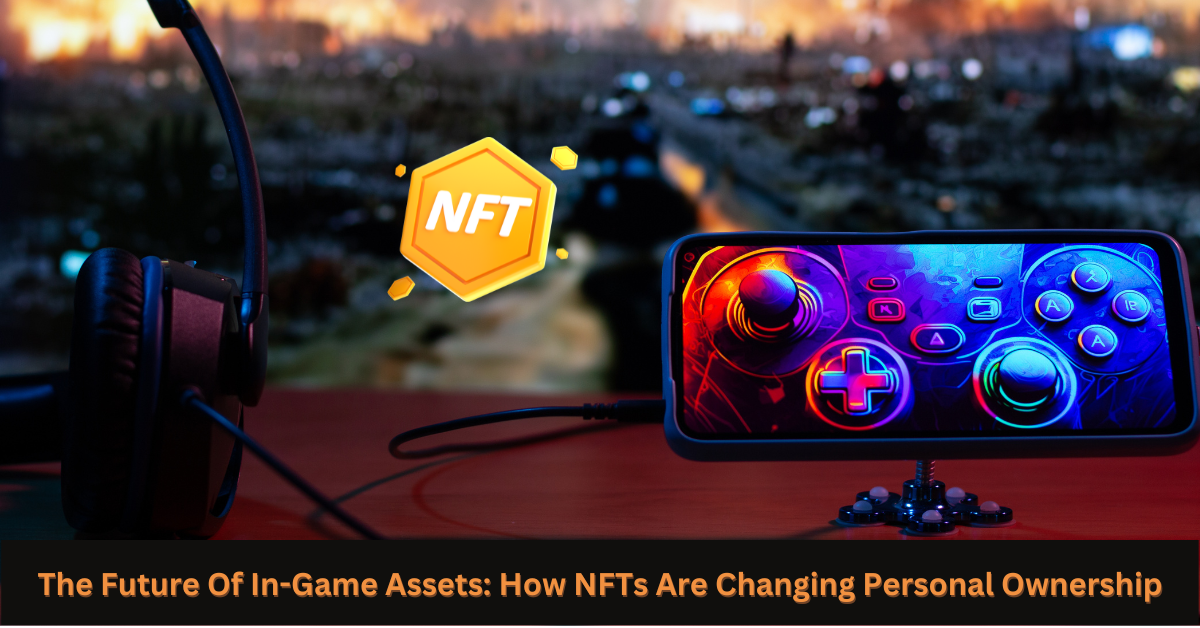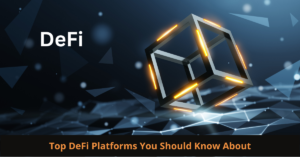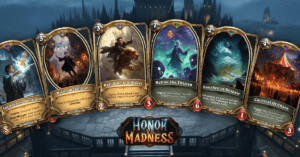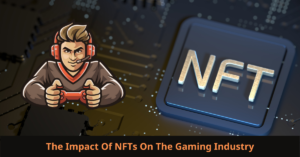NFTs, which stand for non-fungible tokens, are like the Willy Wonka golden tickets of the digital world. They’re unique digital assets verified using blockchain technology, setting them apart from other digital items because they’re one-of-a-kind and can’t be interchanged. Each NFT carries ownership details and proof of authenticity right there in the token, which can be a game-changer for gamers.
In the gaming universe, in-game assets have traditionally been items like skins, weapons, or characters controlled by game developers. You buy or earn these items, but your ownership mostly ends there. NFTs flip this idea on its head by allowing ownership to be verifiable and truly personal. You own the asset, not just permission to use it within the game. This is akin to owning a real-world collectible—a piece of digital art, if you will—that lives within the gaming platform and potentially beyond.
Gaming companies are starting to catch on. Some early adopters, such as ‘Enjin’ and ‘Decentraland’, are pioneering this change by integrating NFTs into their ecosystems. Enjin allows players to own unique swords or characters, which they can sell or trade, while Decentraland lets users own digital real estate. These examples illustrate how NFTs are pushing the boundaries of how game asset’s function.
For anyone curious about where this is all heading, NFTs might just be the key to a new level of gaming experience. They offer a fresh way to engage with games by emphasizing actual ownership and individuality of digital items. It’s an exciting shift that could redefine player engagement and economic structures within games.
The Evolution of Personal Ownership in Gaming
There’s been a big shift in how gamers perceive ownership of their in-game assets. Back in the day, buying an asset in a game meant it was tied closely to that game environment. NFTs change this by putting the power of ownership directly into the hands of players, thanks to blockchain technology.
Blockchain acts as a decentralized ledger, ensuring that each asset someone owns is verifiable and indisputably theirs. It brings transparency and security, reshaping the landscape of gaming assets in the process.
Owning NFT-based assets gives players more control and freedom. They can trade, sell, or even rent their digital belongings much like physical objects. This new sense of ownership brings an empowering user experience, turning in-game purchases into potential investments.
Gamers who have embraced these changes share stories that highlight this autonomy. For example, players of ‘CryptoKitties’ can breed, trade, or sell their unique digital cats across various marketplaces. This kind of control and new avenues to engage with the gaming economy is where NFTs truly shine.
This is more than just a trend; it’s a layer of depth adding value to players’ time and money. For players, it means the game’s ecosystem becomes a kind of marketplace where every action carries potential real-world value. It’s not just about enjoying the game but also being part of an evolving economy.
Benefits and Challenges of NFTs in Gaming
NFTs are stirring up the gaming scene by unlocking new potential for in-game economies. Imagine a world where your game achievements can translate into real-world value. That’s what NFTs bring to the table, letting players buy, sell, or trade their favorite in-game items across different platforms or marketplaces.
One major perk of NFT-based assets is value preservation. When you own an NFT, your item maintains its value and, in some cases, can appreciate over time. It’s like having a savings account where your precious sword or unique avatar carries future potential. Transferability is another bonus, too—being able to move items between games or even cash them out.
But it’s not all sunny skies. NFTs face significant hurdles. Market volatility can affect the value of these digital assets, making them susceptible to rapid changes in price. This unpredictability can deter some players or lead to speculative buying and selling, much like stocks in a volatile market.
There’s also the environmental aspect. Blockchain technology, especially the kind powering most NFTs, has a high carbon footprint. This raises valid concerns among environmentally conscious players and developers who might worry about the broader impact of NFTs on our planet.
Security is another challenge, as with any digital asset. Players need to exercise caution, ensuring that they protect their digital wallets from hacks or scams. Educating oneself on security best practices is a crucial step toward safeguarding these valuable items.
Finding the balance between empowering players with these incredible opportunities and addressing the risks and challenges is a tricky dance. Players need to be aware of both the upsides and the potential downsides to make informed decisions about diving into this new world of digital ownership.
The Road Ahead: How NFTs Are Shaping Future Gaming Experiences
NFTs are set to redefine what gamers can expect from future gaming experiences. With their growing popularity, these digital assets are poised to become a fundamental part of the gaming ecosystem, driving new narratives and interactions in gaming worlds.
NFT marketplaces are central to this change, connecting players with an open market where they can trade, buy, or sell their digital assets. These platforms create a global marketplace that could significantly boost in-game economies, making them more dynamic and player-driven.
Future technologies could further boost the role of NFTs, fostering even more immersive gaming experiences. As virtual reality (VR) and augmented reality (AR) technologies advance, NFTs could seamlessly integrate into these experiences, offering players an entirely new dimension of interaction within their favorite games.
The impact of NFTs reaches beyond technology and economics; they also influence sociocultural trends in gaming. Players are starting to place a higher value on ownership and community-driven content. This could lead to more collaborative and user-focused game development as developers seek to meet these shifting expectations.
NFTs aren’t just reshaping individual gameplay but are altering the entire landscape of gaming culture. This era of digital ownership blends real-world economics with virtual experiences, allowing players the power to truly own a piece of their gaming universe. Embracing these changes means unlocking richer interactions and deeper engagement for players worldwide.













